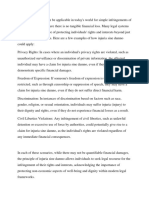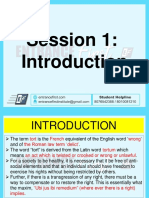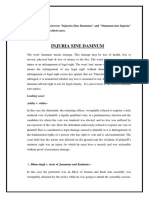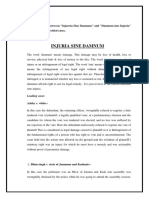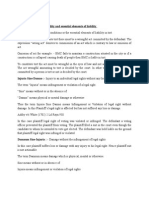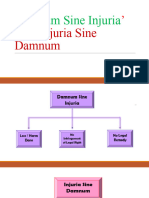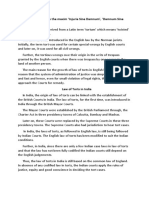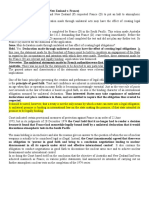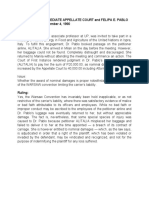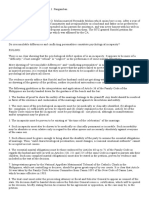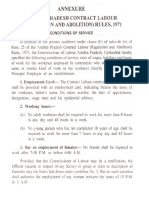0% found this document useful (0 votes)
26 views2 pagesTort Basic
The document discusses two legal principles: 'Injuria Sine Damno,' which allows individuals to seek damages for violations of their legal rights even without actual harm, illustrated by cases like Ashby vs. White and Bhim Singh vs. State of J&K, and 'Damnum Sine Injuria,' which refers to situations where harm occurs without a legal wrong, as seen in the Gloucester Grammar School case. It emphasizes the importance of protecting legal rights and the distinction between legal violations and permissible actions that cause harm. The document highlights that compensation can be granted for violations of fundamental rights, while lawful actions causing damage do not warrant legal recourse.
Uploaded by
sharma.priyanka.ps24Copyright
© © All Rights Reserved
We take content rights seriously. If you suspect this is your content, claim it here.
Available Formats
Download as DOCX, PDF, TXT or read online on Scribd
0% found this document useful (0 votes)
26 views2 pagesTort Basic
The document discusses two legal principles: 'Injuria Sine Damno,' which allows individuals to seek damages for violations of their legal rights even without actual harm, illustrated by cases like Ashby vs. White and Bhim Singh vs. State of J&K, and 'Damnum Sine Injuria,' which refers to situations where harm occurs without a legal wrong, as seen in the Gloucester Grammar School case. It emphasizes the importance of protecting legal rights and the distinction between legal violations and permissible actions that cause harm. The document highlights that compensation can be granted for violations of fundamental rights, while lawful actions causing damage do not warrant legal recourse.
Uploaded by
sharma.priyanka.ps24Copyright
© © All Rights Reserved
We take content rights seriously. If you suspect this is your content, claim it here.
Available Formats
Download as DOCX, PDF, TXT or read online on Scribd
/ 2
